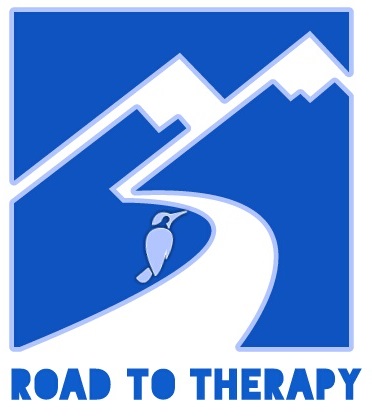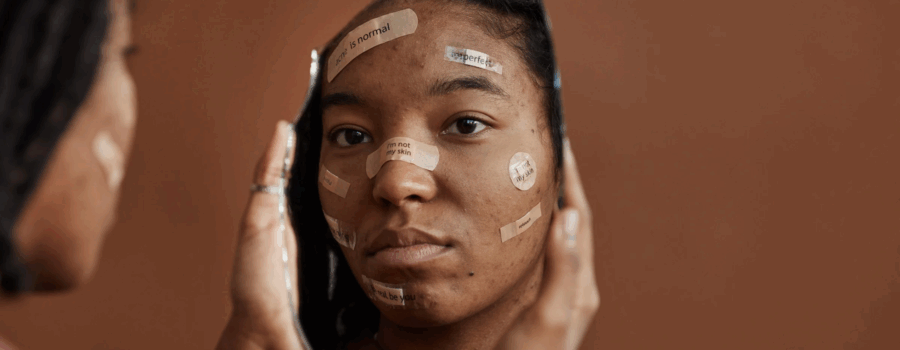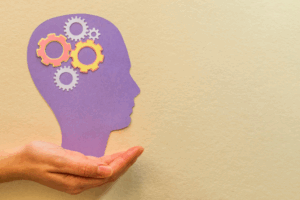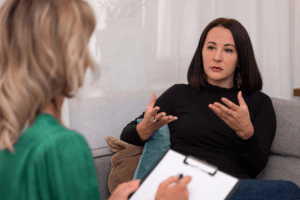Childhood trauma doesn’t always leave visible scars. Sometimes, it shows up in the quietest ways—in how we speak, relate, and protect ourselves. These responses may look like personality traits, but they often began as ways to survive painful or unsafe environments.
If you recognize yourself in these patterns, you’re not broken—you’re human. Healing starts with awareness and compassion.
Over-Apologizing
If “sorry” spills out of your mouth too often, especially when you’re not at fault, it could be a trauma response. Children raised in critical or unpredictable environments often learn that apologizing keeps them safe.
It becomes a way to avoid conflict or disapproval. But your existence isn’t something to apologize for. You are allowed to take up space.
Fear of Being a Burden
You may hesitate to ask for help or express your needs, fearing you’ll be “too much.” This fear often comes from childhood experiences where emotions were dismissed or punished. It teaches you to silence your needs for the sake of peace.
But your feelings are valid. You deserve support without guilt or shame.
Hyper-Independence
Doing everything yourself might feel like strength, but it can be a trauma response. When others weren’t dependable in childhood, relying on yourself became necessary.
Now, asking for help feels risky. But true strength also includes vulnerability. You don’t have to carry everything on your own anymore.
Difficulty Accepting Love
If love was inconsistent, controlling, or hurtful when you were young, real kindness can feel unsafe. You might push people away or doubt their sincerity.
It’s not that you don’t want love—it’s that you learned to fear it. You deserve love that’s steady, gentle, and asks nothing in return but your presence.
Constant Self-Criticism
That inner voice that never seems satisfied? It often comes from early messages that you weren’t enough. Whether it was constant correction, neglect, or conditional approval, it taught you to be harsh with yourself.
But healing invites a new language—one of patience, warmth, and self-compassion. You deserve to speak kindly to yourself.
You Are Not Alone in This
These responses were born from survival, not weakness. They once protected you—but they no longer have to. With time, support, and gentleness, you can unlearn what hurt you and relearn what heals.
Your story doesn’t end in trauma. It can continue in growth, softness, and hope.




